It is very important to differentiate spar varnish from spar urethane. Spar varnish is prone to peeling or chalking over time, whereas spar urethane keeps its surface hard and shiny for a long time.
How do you know which of the two products you should use and what are the differences?
In this guide, we describe the products and explain what their benefits might be.
What Is Spar Urethane?
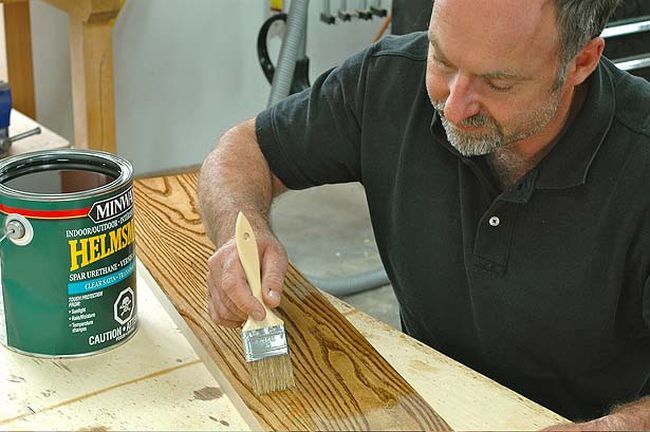
Spar urethane is a synthetic material that comes in either water-or oil-based formula. Urethane spar is easy to clean, doesn’t emit fumes, and dries quickly.
It takes several hours for oil-based spar urethane to dry between coats. A thin coat is necessary to prevent drips.
Things to know about spar urethane
UV resistance
It is UV-resistant, thereby protecting your vessel from the sun’s damaging UV rays. It is certainly beneficial for vessels that are left outside a lot, as the paint will remain bright longer, and the wood will not deteriorate as quickly.
Water resistance
Similar to marine varnish, spar urethane protects against moisture and water damage.
Lasting time
Spar Urethane has a lifespan of 10 to 15 years.
Application process
Step 1: clean the surface using a degreaser
Step 2: any metal surfaces will need a primer
Step 3: shake can well before using
Step 4: spray even coats until you reach the desired thickness
Step 5: make sure each cat is dried thoroughly before the next one is applied
Step 6: wait 24 hours until you apply the last coat to ensure it cures properly
What Is Spar Varnish?
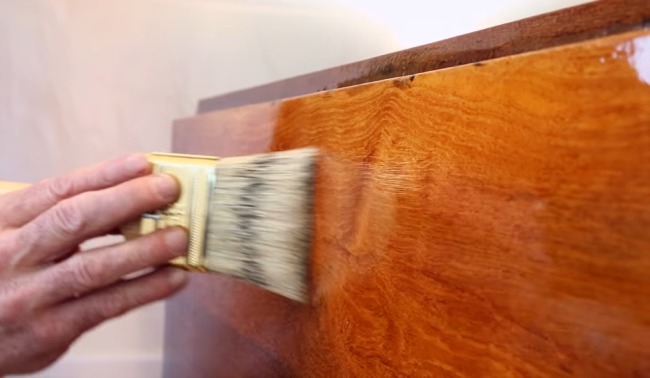
Spar varnish is a special kind of varnish used to finish wood. Sometimes called Marine Varnish, this product was originally created for the marine industry to protect wood parts of boats and ships.
Boats are subjected to harsh conditions – like salty air and seawater – making normal varnish unsuitable for this application.
Things to know about spar varnish
Flexible uv protection
Spar varnish is primarily made up of UV blockers. They protect the wood from UV rays and keep it from deteriorating. As a result, Spar Varnish can be used on boats and on wood in and around the house.
Lasting time
If a varnish coat begins to crack or peel, sand the area to bare wood and recoat it with good varnish, blending the two together. Nevertheless, well-layered coats (at least eight layers) will last from 4 to 8 years.
Application process
Step 1: Make sure the surface is clean by using a solvent
Step 2: One side should be painted with spar varnish, then allowed to dry for ten minutes
Step 3: Let the piece dry for 10 minutes and apply a second thin coat
Step 4: Repeat this process until the spar varnish is applied to both sides at least three times
Step 5: If you want to apply other coats or use your project in any way, you need to let the final coat dry overnight
Spar Urethane vs Spar Varnish: How Do They Differ?
Hardness
Spar urethane
It can flex with the wood, expanding and contracting as the temperature changes.
Spar varnish
Spar varnish is prone to chalking off or chipping over time.
Winner
Spar urethane, in this instance, is the winner as it has great flexibility with the wood and is able to work with temperature changes.
Flexibility
Spar urethane
UV protection is not provided by urethane, and it is not flexible. Most wood decks will be under extreme temperature changes, and when walking on or putting weight on them, they can fail and crack.
Spar varnish
Spar varnish is highly flexible, so it can do so if the wood needs to move.
Winner
Spar varnish is preferred here due to the higher flexibility levels than the urethan can offer.
Resistance
Spar urethane
UV resistance and weather resistance are excellent characteristics of spar urethane.
Spar varnish
The weather resistance and UV resistance of Spar varnish are relatively low.
Winner
Spar offers weather and UV resistance which is very important, especially if you are storing the wood outside.
Holding up to chemicals
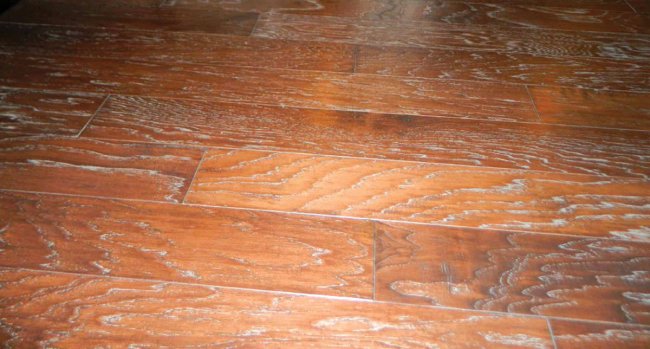
Depending on what you intend to make, it may be necessary to make sure the finished product can withstand cleaning chemicals. In terms of chemical resistance, how does spar urethane compare to polyurethane? When deciding which one to use, this can make a big difference.
Chemicals and alcohol can damage spar urethane more easily. Cleaning the wood surface with these chemicals can actually degrade the finish. However, polyurethane is resistant to a wide range of chemicals, including alcohol. It could be ideal for a bar counter or tabletop that must withstand routine cleaning.
When should you use spar urethane?
Woodworking with this material is common outside. But since it contains so much resin, it gives off a yellow color, which makes it unsuitable for indoor use.
Woodworks that are highly prone to water content benefit greatly from this finishing, such as bars and benchtops.
When should you use spar varnish?
Sail ships originally used it to coat their spars. Today, numerous other products are finished with it.
Varnish serves many purposes besides providing a finish. As well as protecting the wood, it also protects it from harmful ultraviolet rays.
It also serves as a protection for the wood from water, which is why it has historically been used on boats.
FAQs
1. What is the drying time of spar urethane?
Ans. There is a range of four hours to 48 hours. This can be reduced by coating the surface very thinly. If the coat is too thick, it will take three times longer to dry.
2. Which is better, oil-based or water-based spar urethane?
Ans. This type of polyurethane looks better. We can see more depth in both the color and sheen of the wood. The color and finish of water-based polyurethane are duller. Unfortunately, oil-based does produce more toxic fumes, so working in well-ventilated areas is essential.

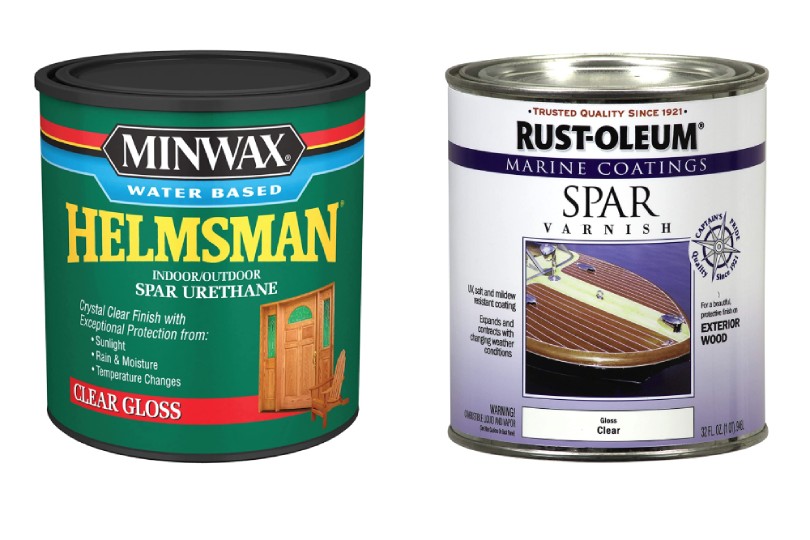


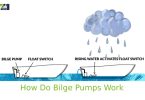



Leave a Comment